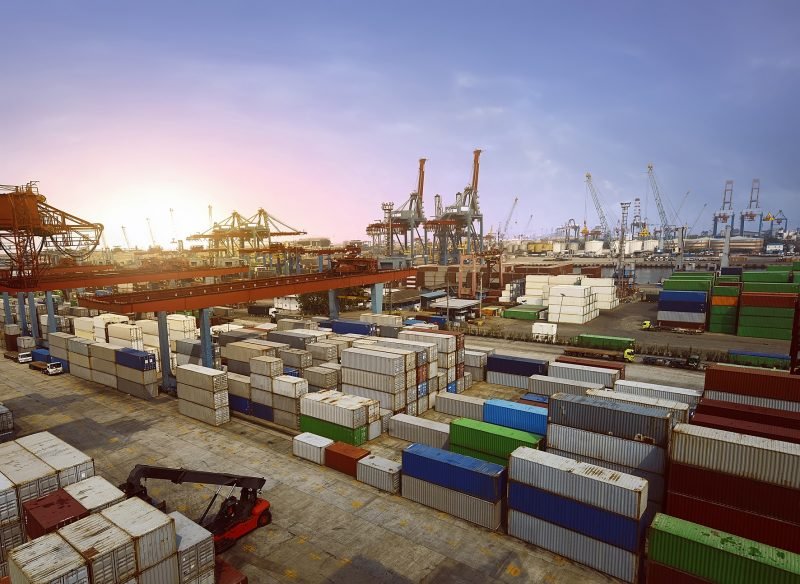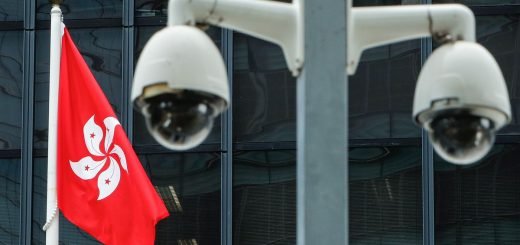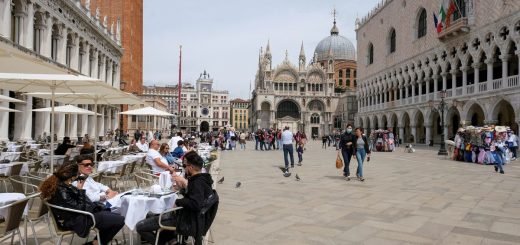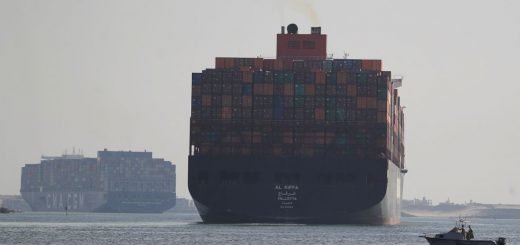Caught between Trade and Nationalism – Indonesia

Indonesia’s act towards trade in recent years is been characterized as “sitting on the fence”. Since President Jokowi took charge, the country has been tapping every opportunity towards investment; Once in APEC Summit held at Beijing, 2014, and the 2015 African – American Commemorative Conference in Jakarta, to pitch Indonesian investment opportunities to the international community. Though the country is an active member of the ASEAN, G20, and APEC, its trend towards protectionism is on a growing trajectory. Most policies of Jakarta are reflexive of its protectionist belief, including the Non- Tariff measures, the introduction of restrictions on certain sectors, ban on raw mineral exports, and higher authority to bureaucrats.
Difficult economic circumstances, strong anti-foreign sentiment, increased dominance of countries in global supply chains, have all contributed to the country’s protectionist attitude. The country to protect the interests of domestic producers has been restricting international participation in trade. In fact, the country’s trade with its neighbour Australia has been the lowest it can ever be within two countries. Although Indonesia, is not proactive in pursuing new-trade restrictions, the country is the worst when it comes to non-tariff measures. According to an index by Global Trade Alert (GTA), Indonesia has the largest number of goods placed under the “Red” or the “harmful goods” category.
Protectionism in the country is not a once in a blue moon phenomenon. Various instances sculpted the country’s journey towards the kind of protectionism it practices.
The first factor that contributed to the country’s protectionism is Indonesia’s encounter with the IMF during the Asian Financial Crisis in 1997-98 when the IMF’s prescriptions for Indonesia were inappropriate and vouched to total damage for the economy. Secondly, increasing international competition with China’s inclusion to the WTO had quick impacts on the trade sentiments of the country, leading the country to a state of nationalism. The third factor can be correlated to President Joko. In his campaign, he stressed enough about nationalism and the protection of the national interests of the country, having come from a business background. Different entities have varied views on the ideology of the country. But, The World Bank believes that the protectionist policies of the country tremendously benefit the country’s domestic enterprises, and Small and Medium Enterprises (SME’s).

Can the Indonesia-Australia Free Trade Deal address the imbalance?
Indonesia -Australia free trade deal is a free trade deal covering $18 billion in agriculture, education and health services. This deal comes after years of delay and protracted negotiations between the two countries. “This is the most comprehensive bilateral trade agreement Indonesia has ever signed and will give a competitive edge to Australian exporters, particularly at a time when many are doing it tough as a result of the COVID-19 crisis,” Said Trade Minister, Simon Birmingham. While many sectors of the Indonesian economy remain heavily protected from competition by tariffs and quotas and the deal will guarantee more reliable access to the market of 270 million people for Australian exports. This move by both countries hopes to address trade inequalities by providing markets for goods while generating the interests of the private sector. This move can also be viewed as Indonesia’s first fight against its protectionist policies and actions. This coming in the time of Covid-19 can have certain gloomy impacts in the short run. But, there is enough potential for both countries to grow in enormous amounts in the long run.



















